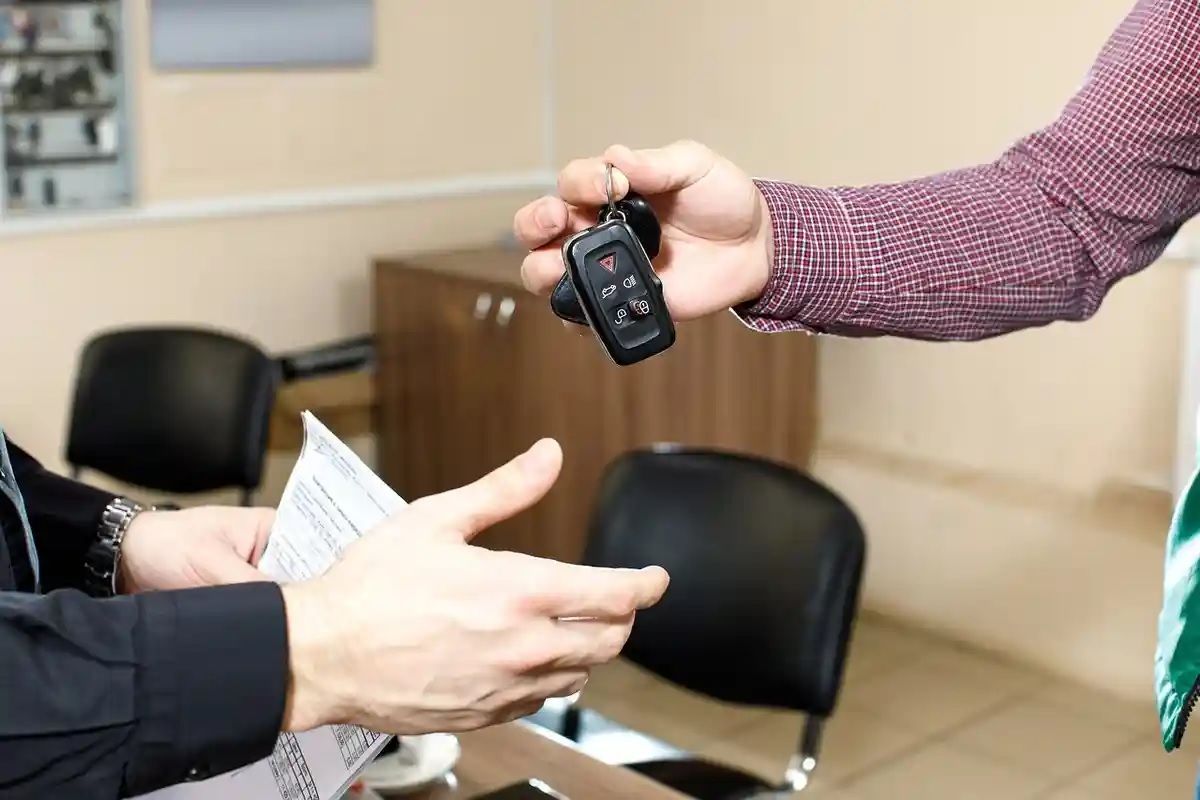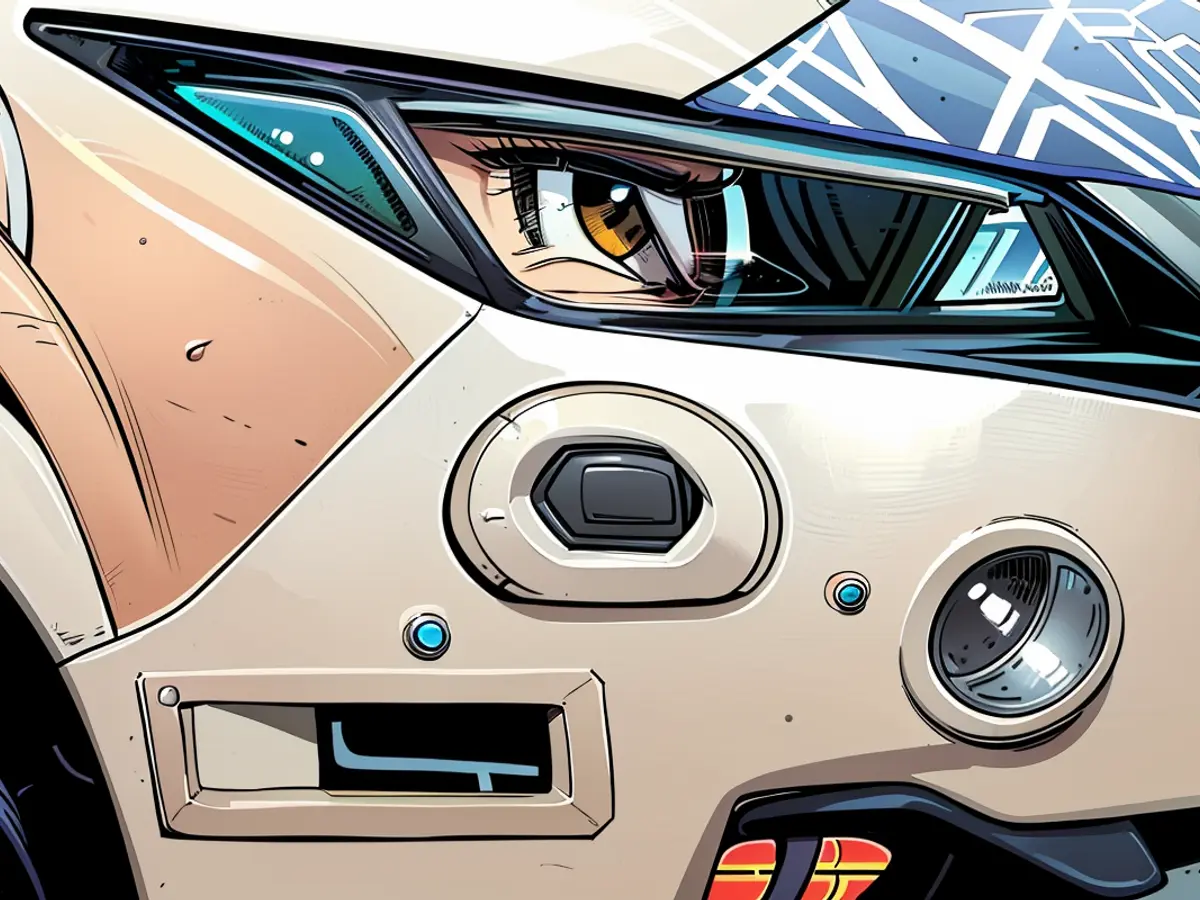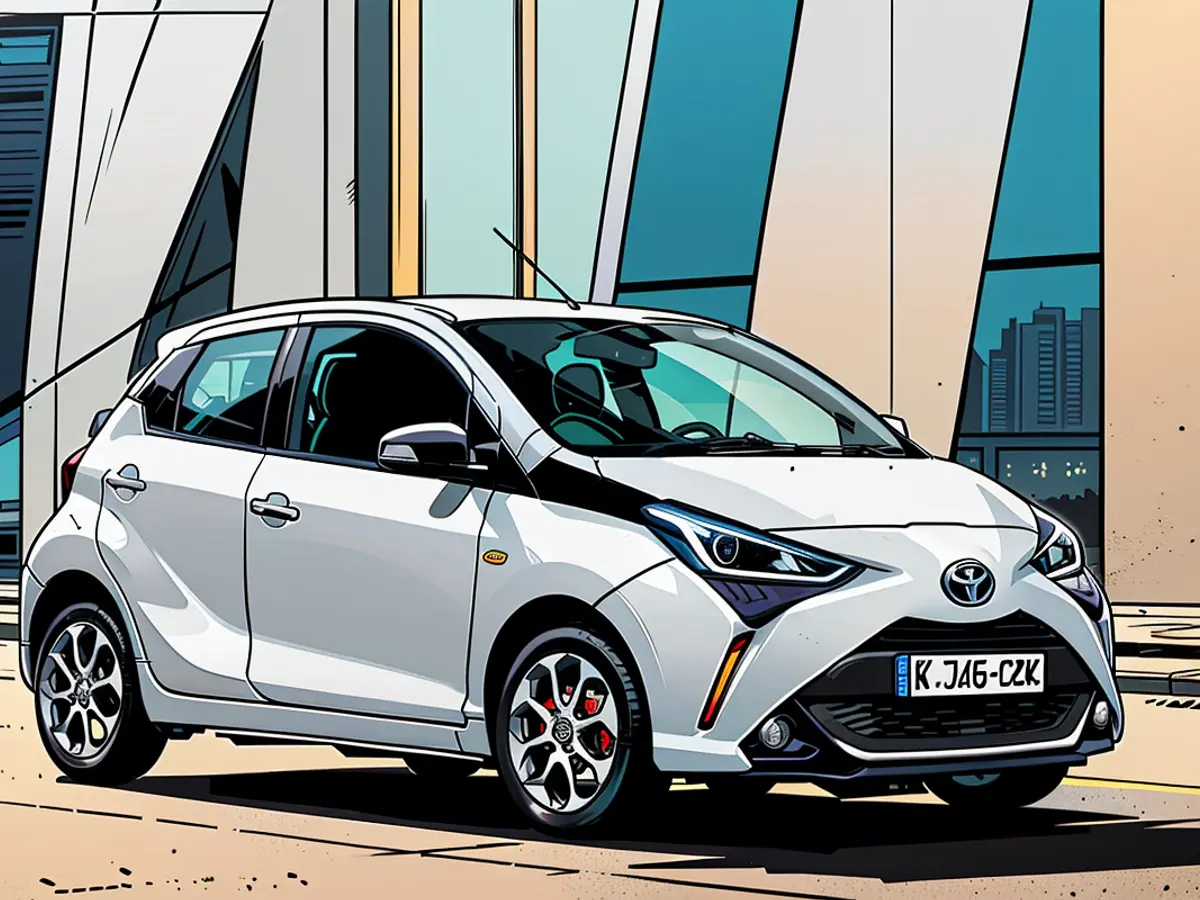Buying a car in Germany is not as easy as it may seem. At first glance, everything might look good—perfect exterior, minimal mileage, reasonable cost, and only one owner.
Related topic: How to profitably sell a used car in Germany
It seems all good – you can go for it. In reality, such an advertisement could easily be posted by scammers. After all, everyone knows that editing a car photo and presenting it in a more attractive way is not a difficult task nowadays.
Useful tips to help you buy a car in Germany and avoid falling victim to fraud
It often happens that after contacting the seller, reality does not meet expectations.
It may turn out that the car is not with the seller but with relatives, and they may live in another country altogether. Therefore, the seller asks to transfer a certain amount to cover the expenses of transporting the car to Germany.
This is a classic scam scheme. Never transfer money to anyone before the deal is finalized. In addition to this, it is essential to approach the car purchase responsibly. These tips will help you in this process.

Planning
At the very first stage, it is important to determine your budget and the type of car you want to purchase.
It's relatively easy to narrow down choices to a few models to simplify the search. Additionally, it is crucial to estimate the overall cost, including not only the car's price but also taxes and insurance.
Buying from a Verified Seller
A guaranteed way to avoid scammers is to buy a car from a reputable seller.
The best options are official dealers or authorized stores. Before making a purchase, it's advisable to check the seller's reputation and their transaction history in sales records.
Thorough Inspection
Never trust anyone blindly.
Therefore, it is essential to carefully inspect and check the car for various defects, including damages and rust. It's crucial to assess the condition of the engine, interior, and other important components. If you lack experience, consider seeking assistance from an auto repair shop.
Car History
Easily verify a car's history using the unique VIN code, which provides a detailed report on the vehicle. This report includes all relevant information about previous owners and accidents.
Documents
It is important that all documents are in the possession of the seller and are in order. These documents include:
- The technical passport;
- Registration certificates;
- Proof of passed technical inspections.
The information should match the current condition of the car.
Payment
One of the most crucial moments.
Many mistakes are made at this stage. It is important to use only secure payment methods, such as a bank transfer. Avoid any cash payments, especially if the transaction is conducted privately.
Related topics:
The seller might request you to transfer funds for car transportation, which is a common scam scheme. Always avoid transferring money before the deal is finalized. It's essential to buy a car from a reputable seller, such as official dealers or authorized stores, to avoid falling victim to scams.








